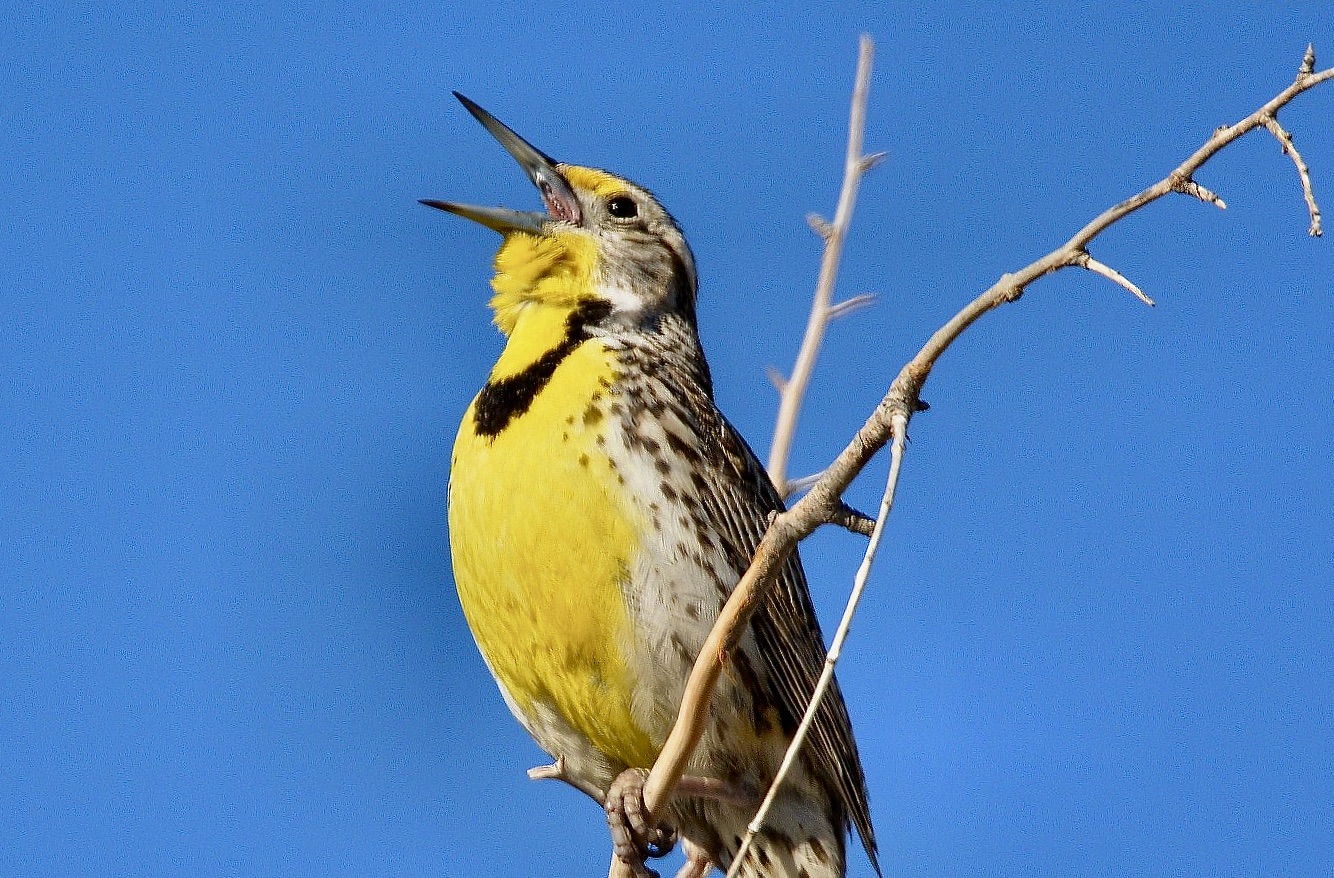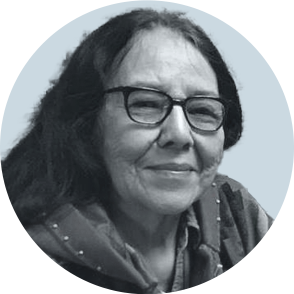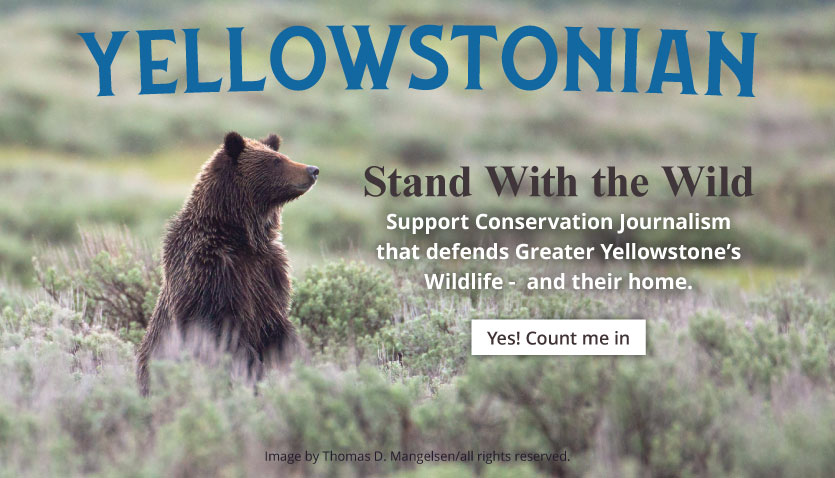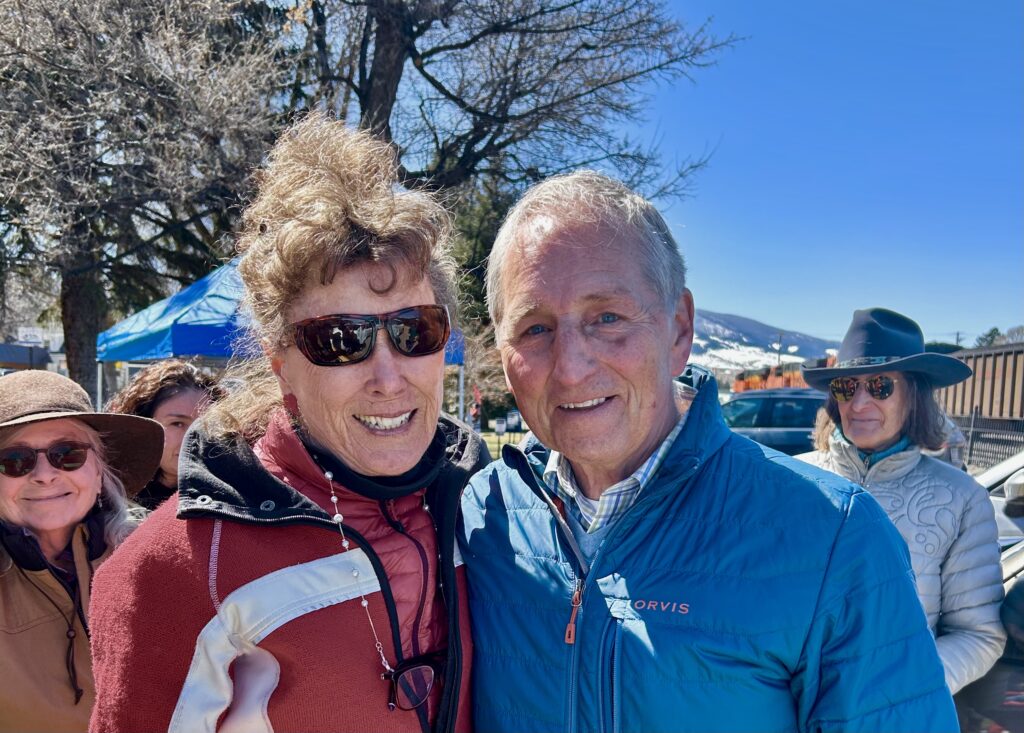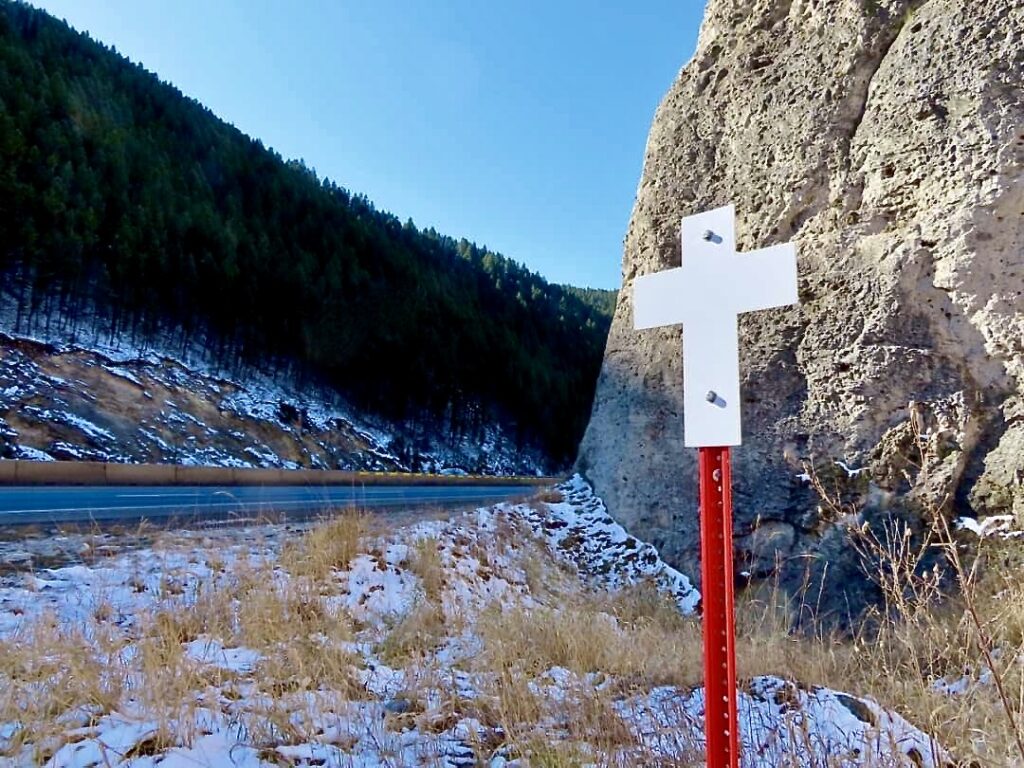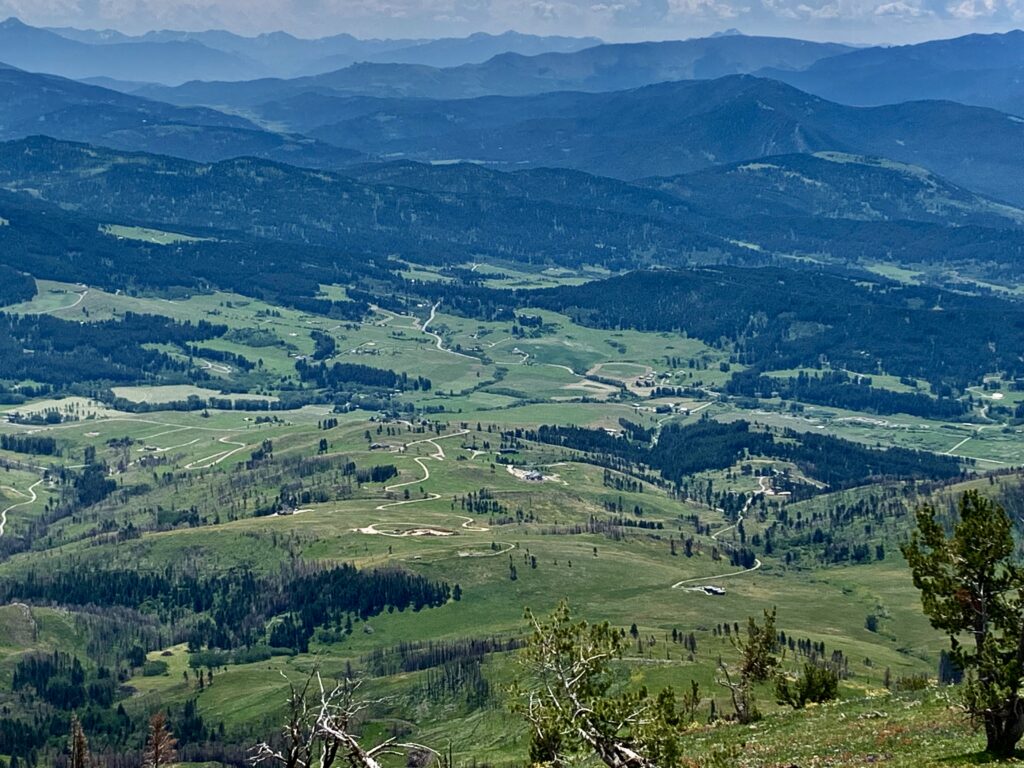
Hello readers, friends and all the wonderful people associated with Yellowstonian. I’m excited to contribute to this online writing adventure, and I hope this finds you well.
Here on my homelands I am called a senior citizen, an elder, and one of the long living. With all that, I’m often called on to share stories and poems. I stay busy in the community and in the schools, helping young people learn how to share the stories just as my elders taught them to me.
“To Come Back” is one of my favorite poems. The metaphor of the poem has been interpreted and shared by so many, and I’m always glad to hear how it affects readers. I don’t have a singular personal interpretation because it has many. I leave its meaning to you, as grasped through your own experience.
In my culture our new year begins in the Spring and one of the first to herald the Spring is the SdoSdoNa or Meadowlark. His/her songs are many and ask us to enjoy what we see, feel, hear as the prairie erupts again in different expressions of life. Avians are true delights, and I know how much people in the higher meadows enjoy the sights and sounds of mountain bluebirds who are other harbingers.
I often include birds in my poems because they are the most vocal. In my culture, we believe the birds can speak Dakota and Lakota. When a person speaks another language there are many sounds that are different than English so our ear can be attuned to bird vocalization. Some of the meadowlark songs can be translated into my language. When this started, we believe, was during creation. I will leave this cultural belief here and maybe write more about this later.
In the meantime and to each of you, all the best. Discover your best self, and cherish the Springtime wherever it finds you.
To Come Back
by Lois Red Elk
If one chooses to look very carefully, after the
Intense inferno, after the smoke clears, there
among the embers and ash, one can watch the
arrival of a single blade of grass. One can see
the careful pace of beetle legs revisiting new
life. Then one can hear the lone restored song
of the meadowlark, and inhale the fresh smell of
the homecoming rain. It is then, in the assembling
and mending that it will be safe to come back
to who you were meant to be. In that time.

